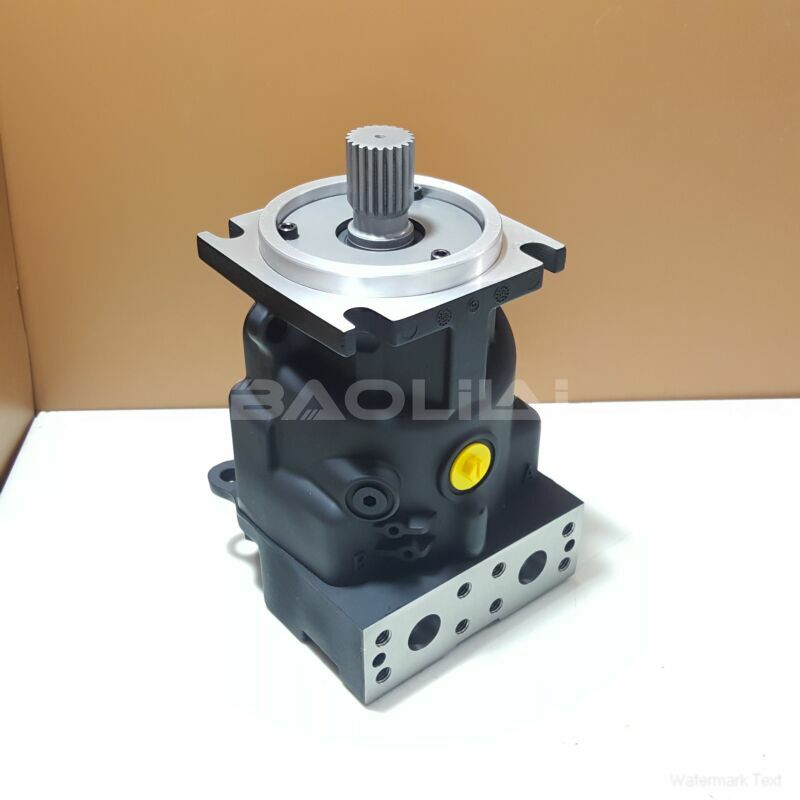90M130NC0N8N0C8W00NNN0000G3 danfoss motor
90M130NC0N8N0C8W00NNN0000G3 danfoss motor

- Product Details
- Applicable Scene
In today’s advanced industrial landscape, the integration of hydraulic motors into multi-system applications has become increasingly crucial. Hydraulic motors are known for their power and efficiency, making them ideal for a variety of machinery and systems. This article delves into the importance of hydraulic motor integration and its benefits for enhancing performance, reliability, and overall system functionality.
90-M-130-NC-0-N-8-N-0-C8-W-00-NNN-00-00-G3
90M130NC0N8N0C8W00NNN0000G3
One of the primary reasons for the integration of hydraulic motors in multi-system applications is their ability to deliver high torque at low speeds. This characteristic is especially valuable in heavy machinery, such as excavators and loaders, where precise movement and control are essential. By integrating hydraulic motors into these systems, operators can achieve finer control over their machinery while benefiting from increased towing and lifting capabilities.

719948
Another significant advantage of hydraulic motor integration is improved energy efficiency. Hydraulic systems convert energy to work more effectively than many mechanical alternatives. This efficiency reduces the energy consumption of multi-system applications, leading to lower operational costs and a smaller environmental footprint. Organizations looking to optimize their processes can greatly benefit from this aspect of hydraulic motors, making them a vital component in sustainability efforts.
Reliability is another key factor in the importance of hydraulic motor integration. Hydraulic motors are generally robust and capable of handling harsh conditions, including extreme temperatures and heavy loads. By incorporating these motors into multi-system applications, industries can enhance the reliability of their equipment. A high-quality hydraulic system can reduce downtime, ensuring that operations run smoothly and preventing costly interruptions.
Additionally, the adaptability of hydraulic motors allows for seamless integration into diverse applications. Whether in automotive manufacturing, aerospace, or construction, hydraulic motors can be tailored to meet specific operational needs. This flexibility enables engineers to develop more sophisticated and efficient systems that can be optimized for various tasks, thus enhancing overall productivity.





